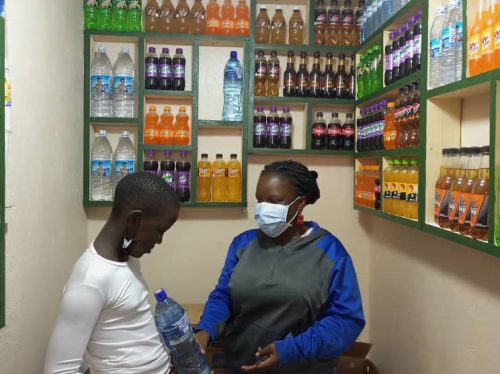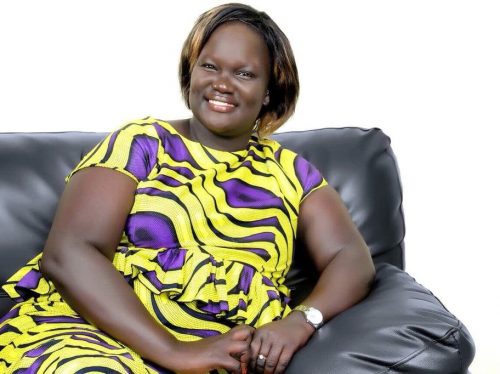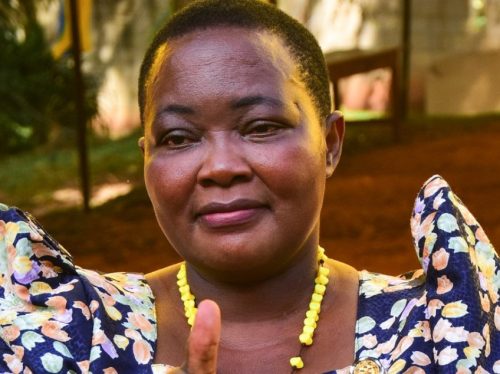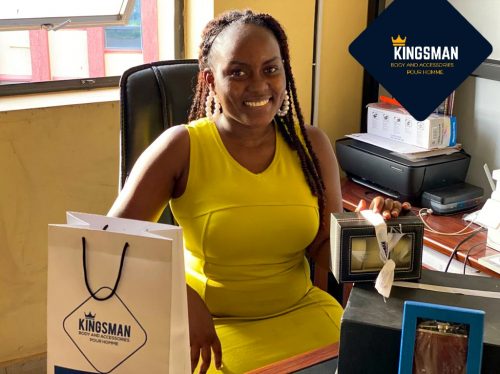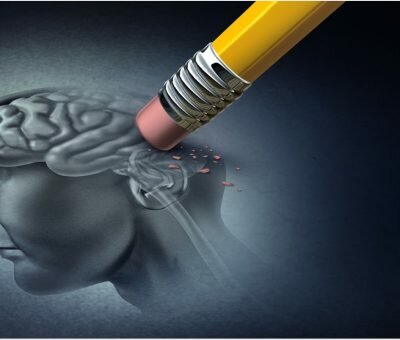I watched as Alzheimer’s disease grabbed my father from me
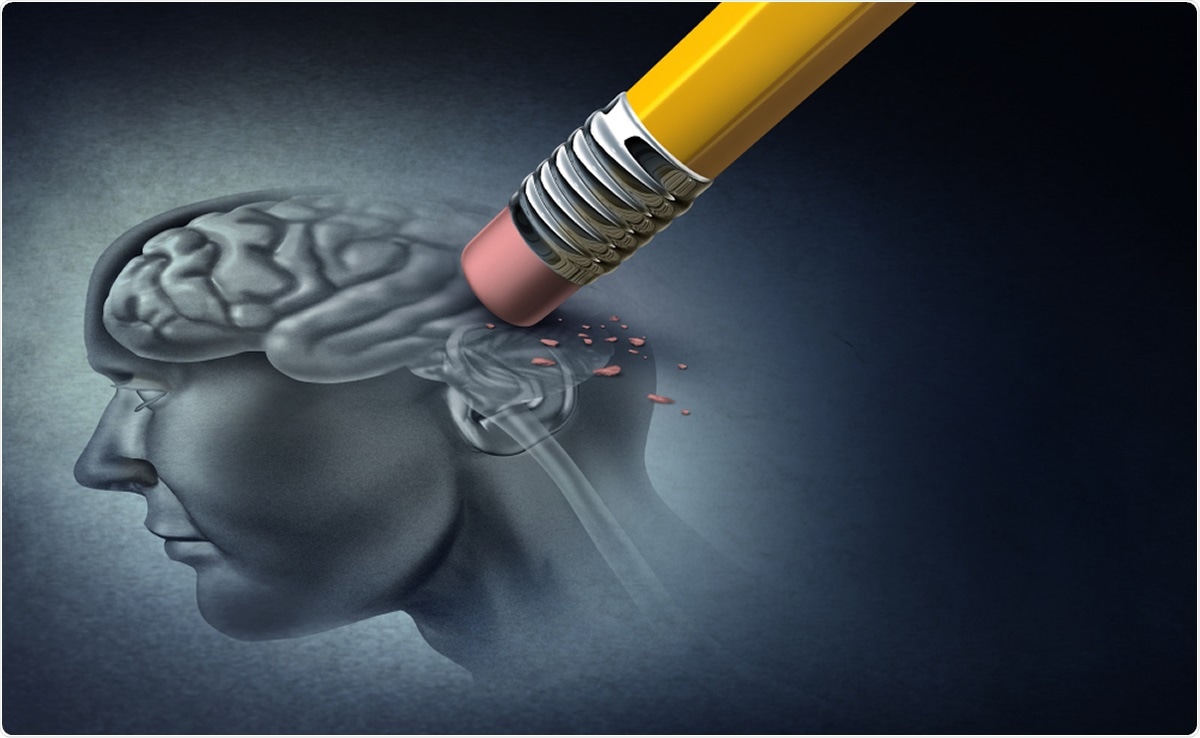
It is disheartening to watch a loved one ‘fade away’, but unfortunately, that is what Alzheimer’s disease, a progressive disorder does. The disease causes brain cells to waste away, leading to dementia. The irony however is that while the sufferer has no story to tell because every day is a fresh slate, the caretaker almost lives a daily episode of uncertainty and frustration. This is what Esther Nasuuna Mukasa, endured while taking care of her father.
Mukasa says her father’s ailment started with memory lapses in 2009, which family members brushed off as a sign of aging. With time, mzee (as they fondly referred to him) started making unintelligible statements, which they still did not pay much attention to believing it would pass. However, this unusual behaviour started becoming more apparent, even to church members, extended family, and some neighbours and tongues started wagging. Out of curiosity, Mukasa and her sister researched the internet about the sudden change in their father’s behaviour and many publications pointed to Alzheimer’s disease.|
Three years later, they sought medical assistance and at Case Clinic, he was diagnosed with Alzheimer-related dementia. While they had endured many changes, the diagnosis was heart-wrenching because he was still physically strong. Mukasa attributes this strength to her father’s love of taking daily walks. As a result, the disease’s effects did not totally ravage him but left him with the ability to carry out several routine activities such as eating, bathing and putting on his own clothes. He was also able to recognise several family members.
However, with time, the dementia effects increased as did the pressure of taking care of him. It took a toll on them because by now, he had forgotten his children and environment. Amazingly, two people stayed safely hidden in his mind; his wife and late mother. He could also with ease and sheer excitement remember the Buganda Masaza (counties).
While they often took him to hospital to reduce the effects of dementia, it was a struggle to get a man that was not given to falling sick often, to swallow his medicine. As a result, the medication did not have much effect. He also became physically violent and constantly questioned his whereabouts, which was frustrating and painful. One incident stands out; following a family outing and after being taken back home, mzee threw a violent fit claiming he was not at home and wanted to leave.
Mukasa’s most painful memory to date was when she was graduating with a master’s degree alongside her young sister with a bachelor’s degree. Being an academician, they had hoped that the day would conjure an emotion in their father seeing that he always celebrated their milestones. However, even upon telling him what was happening on the day (January 2014), he simply smiled, oblivious to what they were saying.
From then on there were nerve wrecking instances that tore their hearts to pieces. Mukasa says the sight of someone losing their memory to the point of being unable to recognise those around them or where they are is so painful.
The journey was so daunting that after he died, Nassuna joined the Uganda Alzheimer Association in 2015. “I believe if I had known then what I know now about the disease, how scared someone with it feels, I would have been more supportive towards my father. Our role as caregivers of Alzheimer patients is to love them. While they have forgotten us, we have to be kind, understanding, gentle, and patient, even when it makes no sense.”
Dr Paul Kiwanuka-Mukiibi, the secretary general of the association says caretakers need a helping hand. However, the challenge is in meeting with them because most are in and out of hospital and when their patient passes on, many retire to their own space preferring solitude above all things. He adds that although there is currently no cure for Alzheimer’s, there are treatments that may change disease progression, and drug and non-drug options that may help treat symptoms. Understanding available options can help individuals living with the disease and their caregivers to cope with symptoms and improve quality of life.
thepearluganda






















